
A lean approach to agriculture
FEATURE – Waste in the agricultural sector is a significant threat not only to the environment, the economy and farmers, but also to food security around the world.
Words: Juan Guillermo Ramírez, Lean Specialist, Lean Institute Colombia
According to the Food and Agriculture Organization of the United Nations, Latin America accounts for 6% of the food that goes to waste every year. This means that around 15% of the food available each year in our region is wasted. Here in Colombia, according to the Association of Food Banks, food waste totaled 9.76 million tons in the last year – the equivalent of feeding 37 million Colombians an extra 430 grams per day for a year (the minimum quantity recommended by the World Health Organization). Globally, the stats are even worse: it is estimated that one third of the food produced around the globe is never eaten!
Lean Thinking can play a key role across the many value streams making up the food industry, addressing food waste and helping the agricultural sector to improve. Without a doubt, this will also require infrastructural and technological investment that can help agrobusinesses to boost their productivity and face growing competition and demand in the future. But this is only half the story. Data from the World Bank shows that across the agricultural “value chain”, 1.3 billion tons of food are waste every year. A problem this big can’t be only addressed with a productivity boost.
I recently spoke about this with Jose Yarso Moreno, who leads agricultural operations at CARTAMA, a producer of Hass avocado. He said that, while the sector might be tempted to respond to higher demand with the acquisition of new equipment and technology, what needs to happen first is a rethink of the work through the development of capabilities – especially at the front line. This way, front-line workers have at their disposal a system made of tools, concepts, and standards that allow them to improve their ability to detect and react to problems (deviations from the standards), thus leading to solid decision making and the optimal utilization of resources.
This is the kind of action, says Yarso, that really allow you to control your costs and waste per hectare, creating a proactive environment where the work is predictable and the learning continuous. Moreover, they can help us to respond to the catastrophic effects of climate change on plants and crops.
According to Andrea Alfaro, Director of Operational Excellence at GHT Corp., which helps agrobusinesses to maximize their effienciency by acting as an intermediary between flower producers and sellers, a characteristic of agricultural processes in Colombia (though there is no reason to think it should be anything different in other countries) is that it is possible to quantify waste at the end of the production processes but very hard to understand the stages of the process where most of that waste is generated. This uncertainty makes it particularly difficult to take action aimed at addressing inefficiencies in the work. Andrea also highlights the fact that the sector is being affected by high employee turnover and a generalized lack of interest among new generations. This leads to steep and slow learning curves, a problem compounded by the lack of standards in the industry.
It is time to provide the agricultural sector with solutions that go beyond the technification of processes and promote the interiorization of Lean concepts, the establishment and enforcement of standards, and the adoption of management practices that will facilitate not only waste elimination, but also an adequate and responsible use of resources.
THE AUTHOR

Read more
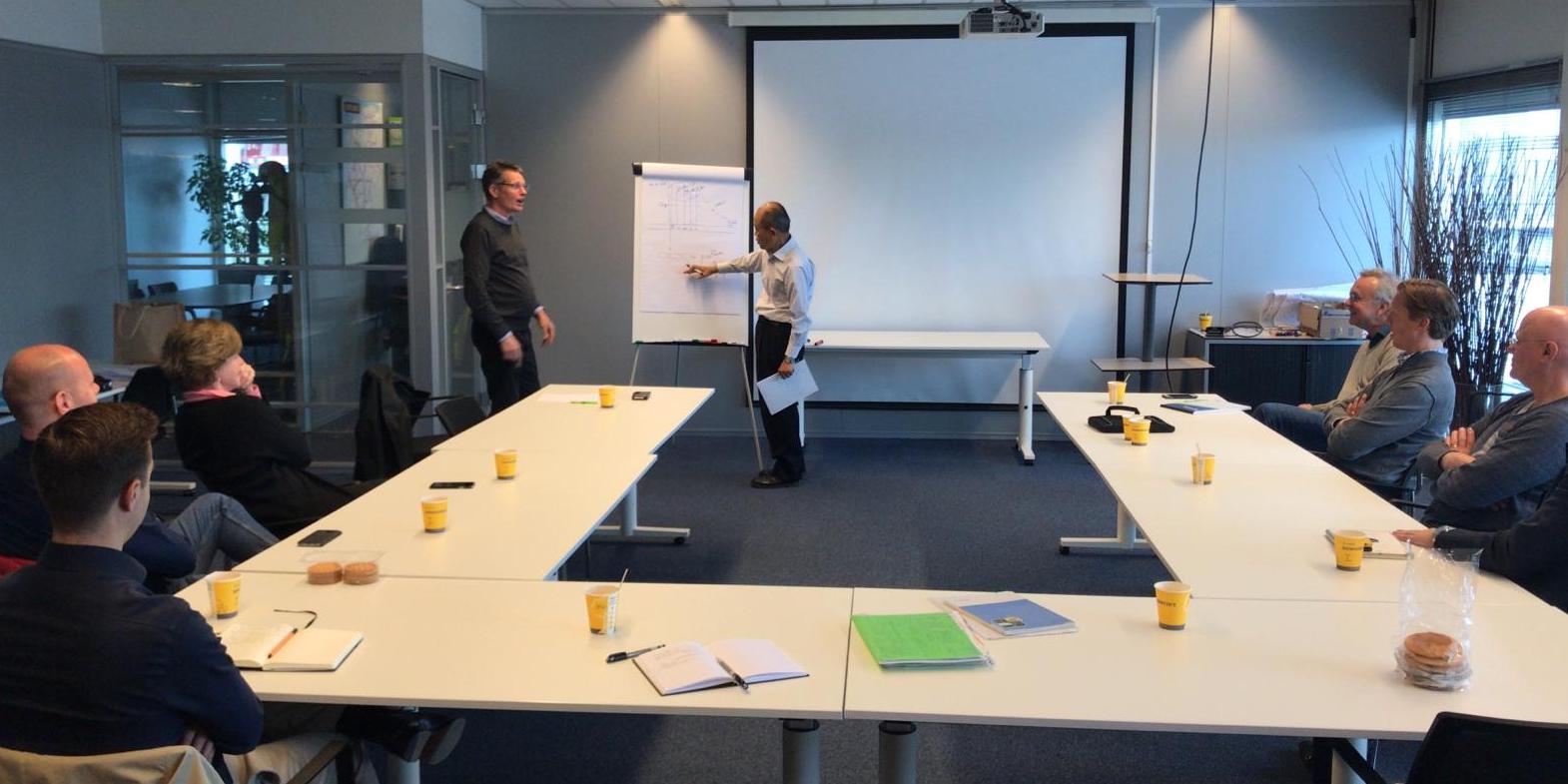

INTERVIEW – A couple of weeks ago, our editor caught up with Toyota veteran Sadao Nomura. In this Q&A, he discusses quality improvement and leadership engagement.


FEATURE – Through this intimate anecdote from her days at Toyota Motor Manufacturing Kentucky, the author tells us of her experience with standardization… and of the deep leadership lessons hiding behind it.


FEATURE – The successful project discussed in this article shows how Lean Thinking can bring huge benefits to small and medium enterprises and paves the way to a new way of looking at lean coaching.
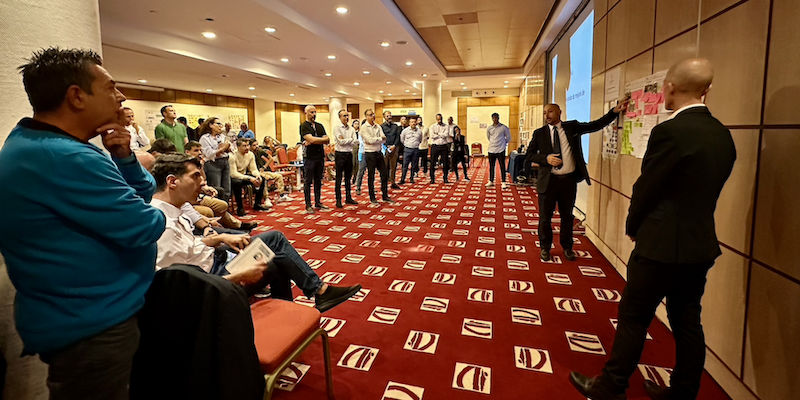

FEATURE – Our editor attends a Lean Day at Dreamplace Hotels & Resorts in Tenerife. In this report, he shares his thoughts about team building, following up on improvements, and yokoten.
Read more
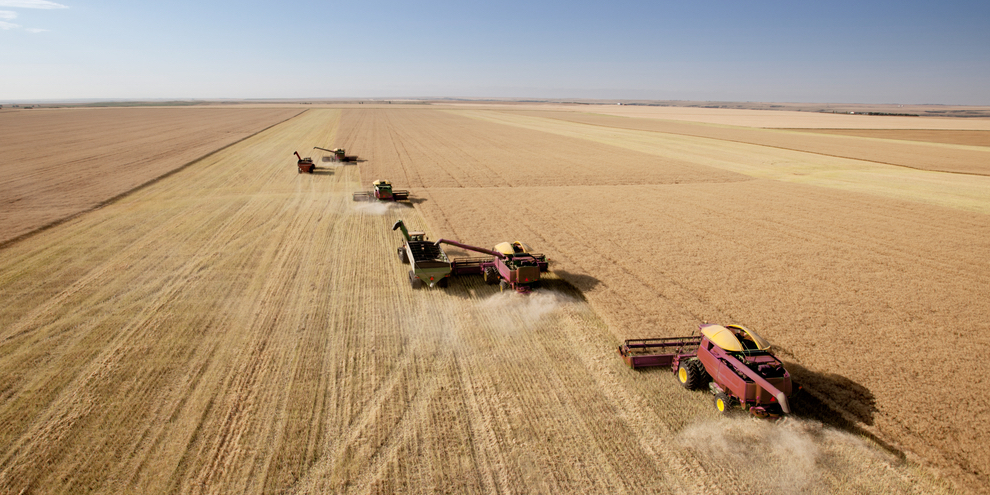

FEATURE – The problems agricultural businesses encounter every day can be solved using simple concepts of lean maintenance, resulting in considerable gains.
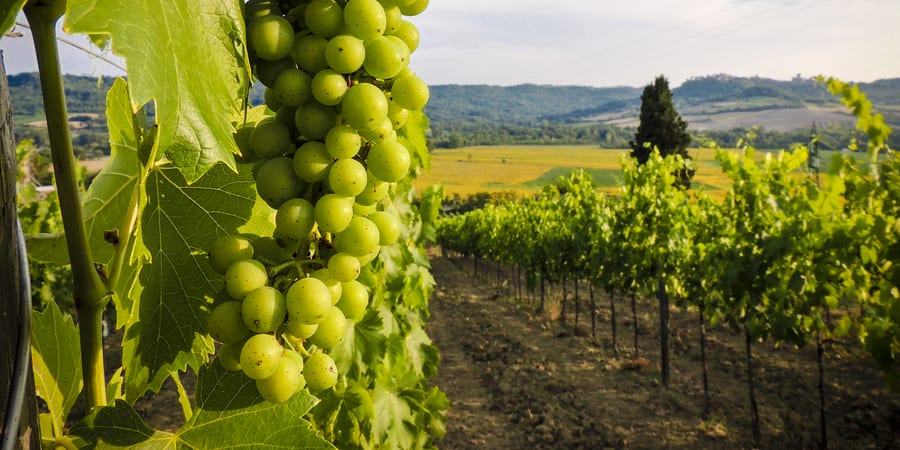

WOMACK'S YOKOTEN – Lean in agriculture might still be in its infancy, but there is a small farm in Indiana that is already proving how valuable lean principles and techniques can be to this industry.
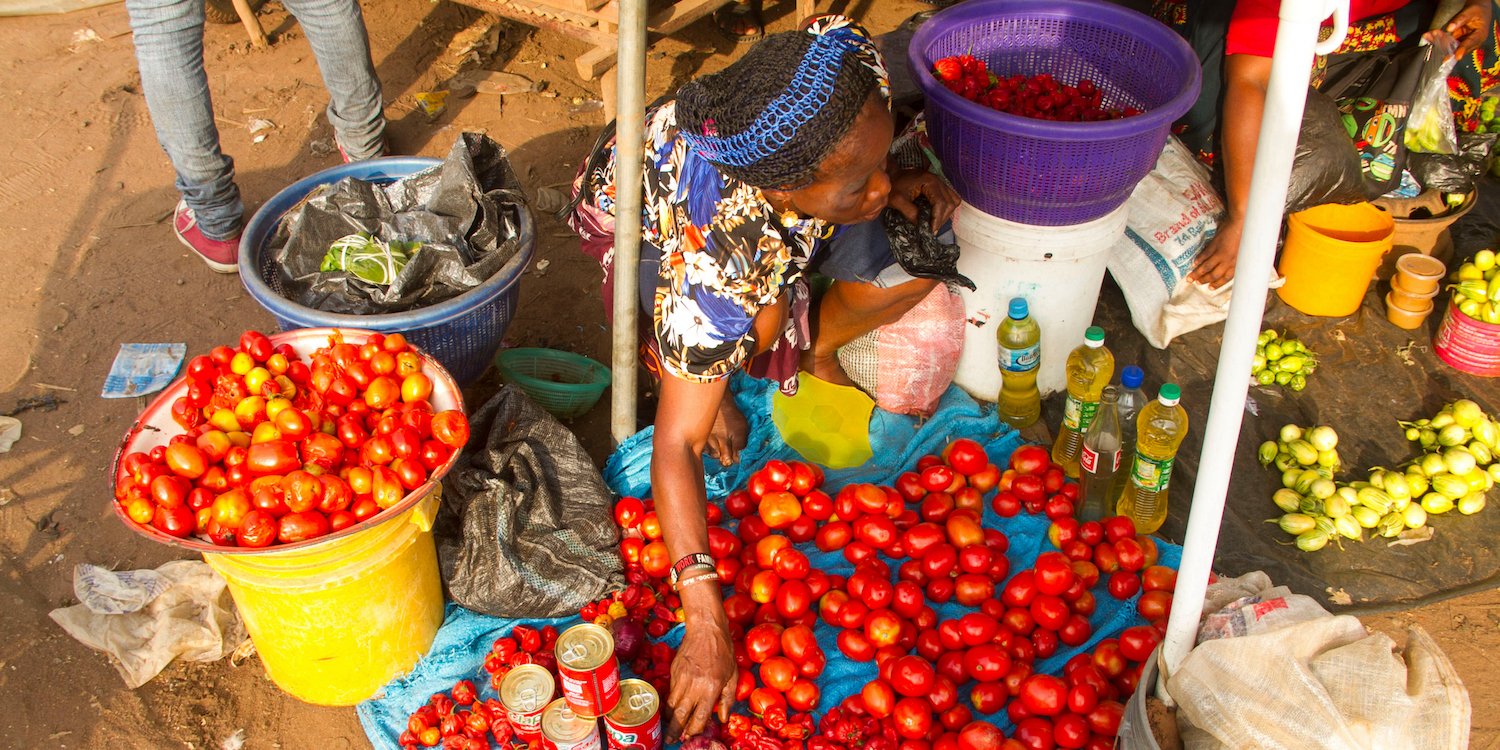

CASE STUDY – Lean Thinking travels far and wide. Here’s how the experience and insights of an Indiana-based farmer have supported a USAID project to improve outcomes for farmers across Nigeria.
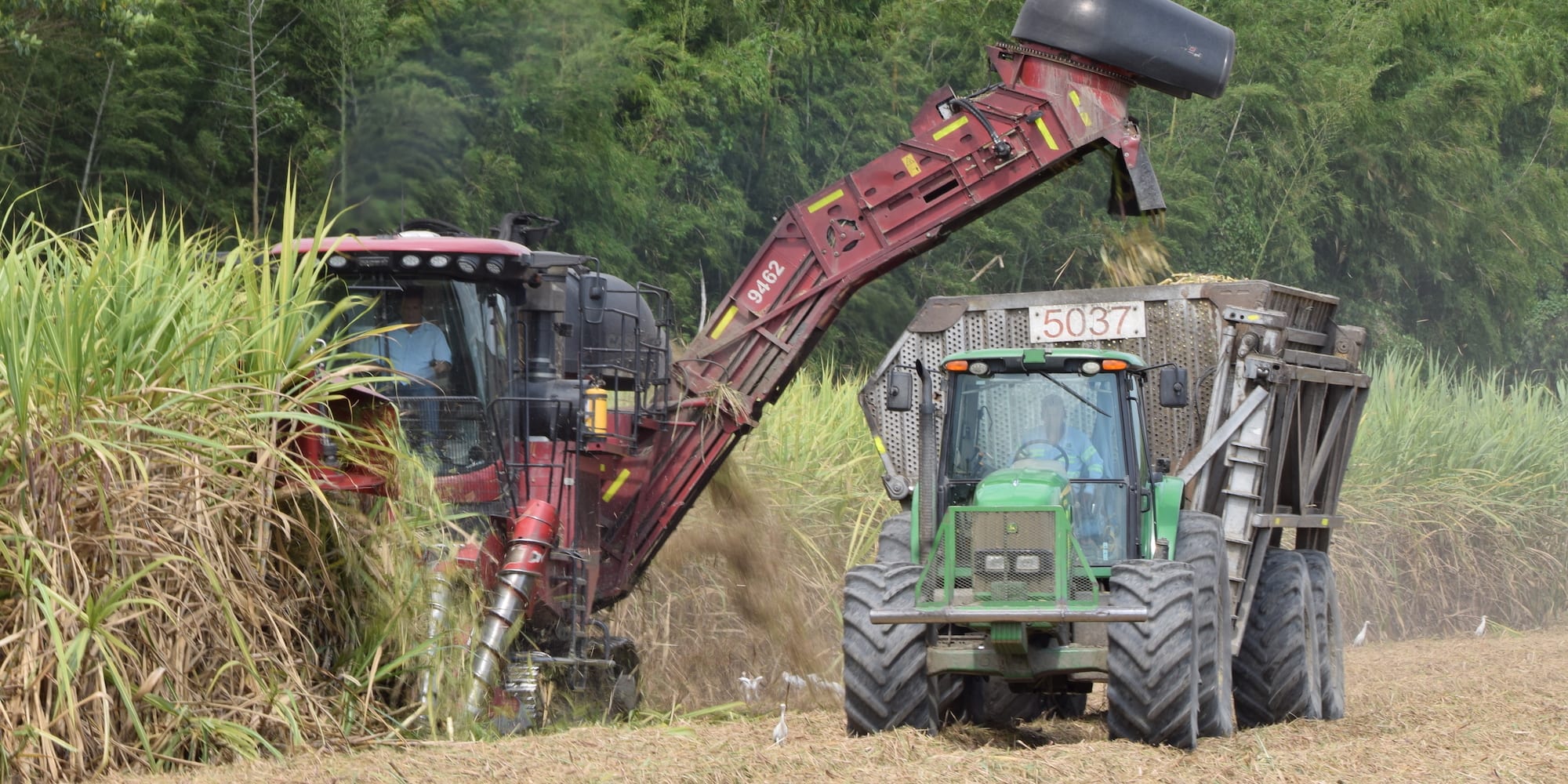

INTERVIEW – This agro-industrial business in Colombia is applying lean thinking to its harvesting process. The harvest manager explains the difficulties and opportunities encountered on the journey so far.

